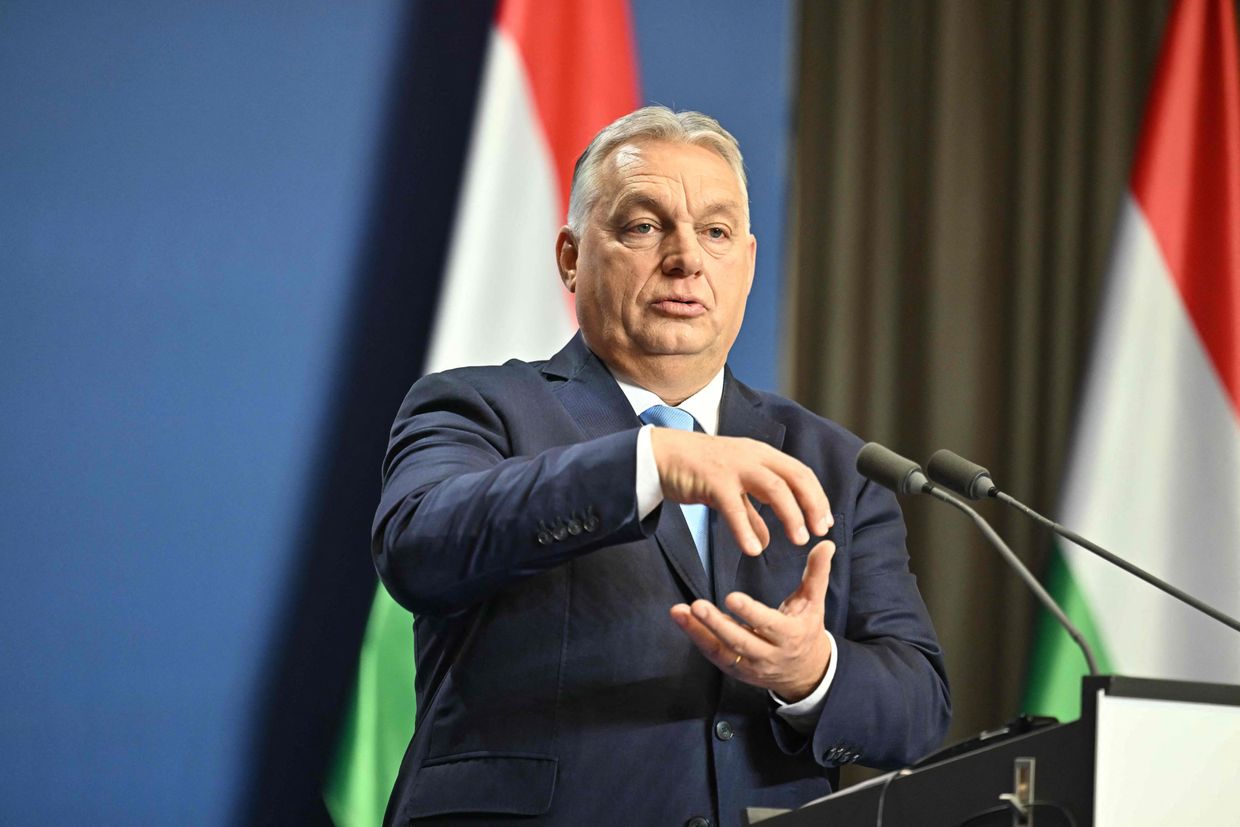Slovak PM Robert Fico to visit Putin in Russia next week, Serbian president says

Slovak Prime Minister Robert Fico will travel to Moscow next week to hold talks on gas supplies with Russian President Vladimir Putin, Serbian President Aleksandar Vucic said on Dec. 20.
"Robert Fico will meet with Putin on Monday as the leader of a European Union country, which, I don't have to tell you what kind of reaction will cause among other European leaders from the EU," Vucic said in an interview with Serbian media.
Vucic said he had "learned unofficially" of the upcoming visit.
Ukraine has said it will not extend the transit agreement for Russian gas through its territory, set to expire on Dec. 31.
The decision has prompted concerns from Slovakia, Hungary and other nations, and Fico on Dec. 20 warned of a looming gas crisis.
President Volodymyr Zelensky reaffirmed the refusal during a press conference on Dec. 19, saying that Kyiv would not enable Moscow to earn additional revenue while continuing its war.
At a European Union summit, Fico criticized Ukraine’s position, saying: "We are demonstrably facing a gas crisis thanks to President Zelensky."
He also suggested that Bratislava might consider "reciprocal measures" if Russian gas transit through Ukraine to Slovakia is halted.
Slovakia has a long-term contract with Russia's state-owned energy giant Gazprom and estimates alternative arrangements could cost an additional €220 million ($228.73 million) in transit fees.
The issue highlights ongoing dependence on Russian gas in several EU members, including Slovakia, Hungary, and Austria, despite efforts to diversify energy sources following Russia's full-scale invasion.
Earlier this year, the EU implemented its first sanctions targeting the Russian gas industry, focusing on liquefied natural gas (LNG).
Russian President Vladimir Putin also addressed the matter during his annual press conference on Dec. 19, confirming the end of the contract and expressing confidence in Gazprom's resilience.
“This contract will no longer exist. Everything is clear. We will survive, Gazprom will survive,” Putin said.
Slovakia, which has a long-term contract with Russian oil giant Gazprom has been trying to keep receiving gas through Ukraine, saying buying elsewhere would cost 220 million euros ($228.73 million) more in transit expenses.












